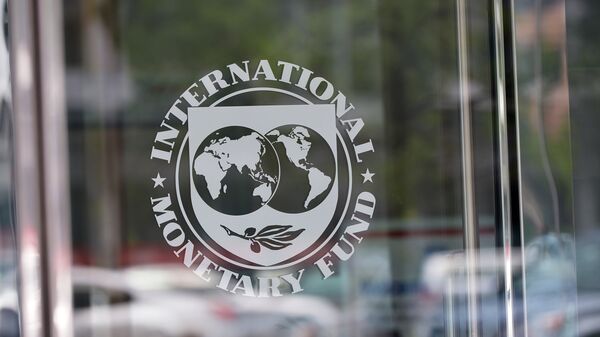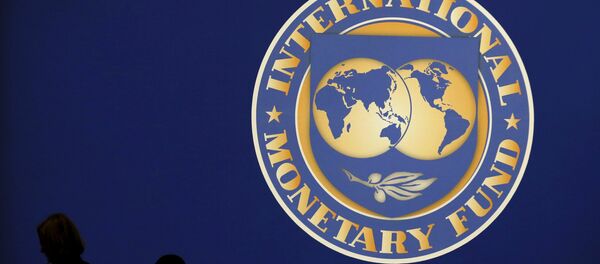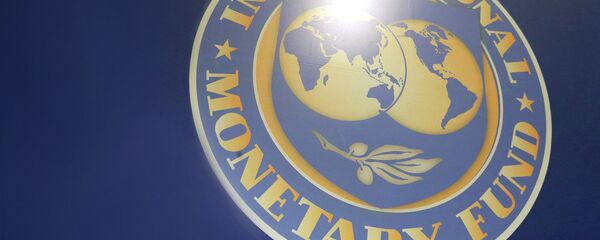"The economy is exiting a two-year recession that, thanks to the [Russian] authorities’ effective policy response and the existence of robust buffers, proved shallower than past downturns. Growth is expected to reach 1.4 percent this year, supported by easier financial conditions and higher oil prices," the 2017 IMF Article IV mission to Russia said in a statement following its visit to Moscow.
The IMF noted that structural limitations and Western anti-Russia sanctions will nevertheless continue to weigh down on the Russian economy despite lower short-term risks emanated by the market and oil price volatility.
"Short-term risks to the economy from volatile financial markets and oil prices have diminished. Nonetheless, medium-term growth will be subdued, at about 1.5 percent, due to structural bottlenecks (e.g., demographic, technological) and the lingering effects of sanctions that restrain the potential to increase investment," the statement read.
Russia is emerging from a two-year recession that began amid collapsing commodity prices, including oil, as well as Western sanctions. In 2016, Russia's economy is estimated to have contracted by 0.5 percent after contracting almost 4 percent the previous year. The first three quarters saw negative growth rates before a slight GDP increase in the fourth quarter. The Economic Development Ministry's 2017 target scenario forecast is a GDP increase of 2 percent.




